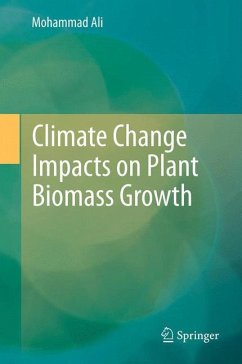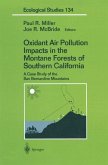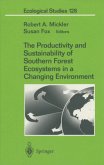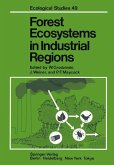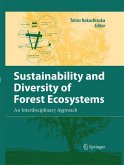The inclusion of forests as potential biological sinks in the Kyoto Protocol to the United Nations Framework Convention on Climate Change (UNFCCC) in 1997 has attracted international attention and again has put scientific and political focus on the world's forests, regarding their state and development. The international discus sion induced by the Kyoto Protocol has clearly shown that not only the tropical rain forests are endangered by man's activities, but also that the forest ecosystems of boreal, temperate, mediterranean and subtropical regions have been drastically modified. Deforestation on a large scale, burning, over-exploitation, and the degra dation of the biological diversity are well-known symptoms in forests all over the world. This negative development happens in spite of the already existing knowledge of the benefits of forests on global energy and water regimes, the biogeochemical cycling of carbon and other elements as well as on the biological and cultural diversity. The reasons why man does not take care of forests properly are manifold and complex and there is no easy solution how to change the existing negative trends. One reason that makes it so difficult to assess the impacts of human activity on the future development of forests is the large time scale in which forests react, ranging from decades to centuries.
"... a major contribution to forest ecosystems research ... elaborate analysis for the social sciences and for climate policy makers ... has a comprehensive list of references and a very elaborate subject index." (Naturwissenschaften)
"To our knowledge, this book is among the best, if not the best, in combining information on air pollution, climate and global change, and forest history and management into one volume. Teachers and researchers in any of these areas will find the book very useful." (Forest Pathology)
"To our knowledge, this book is among the best, if not the best, in combining information on air pollution, climate and global change, and forest history and management into one volume. Teachers and researchers in any of these areas will find the book very useful." (Forest Pathology)


